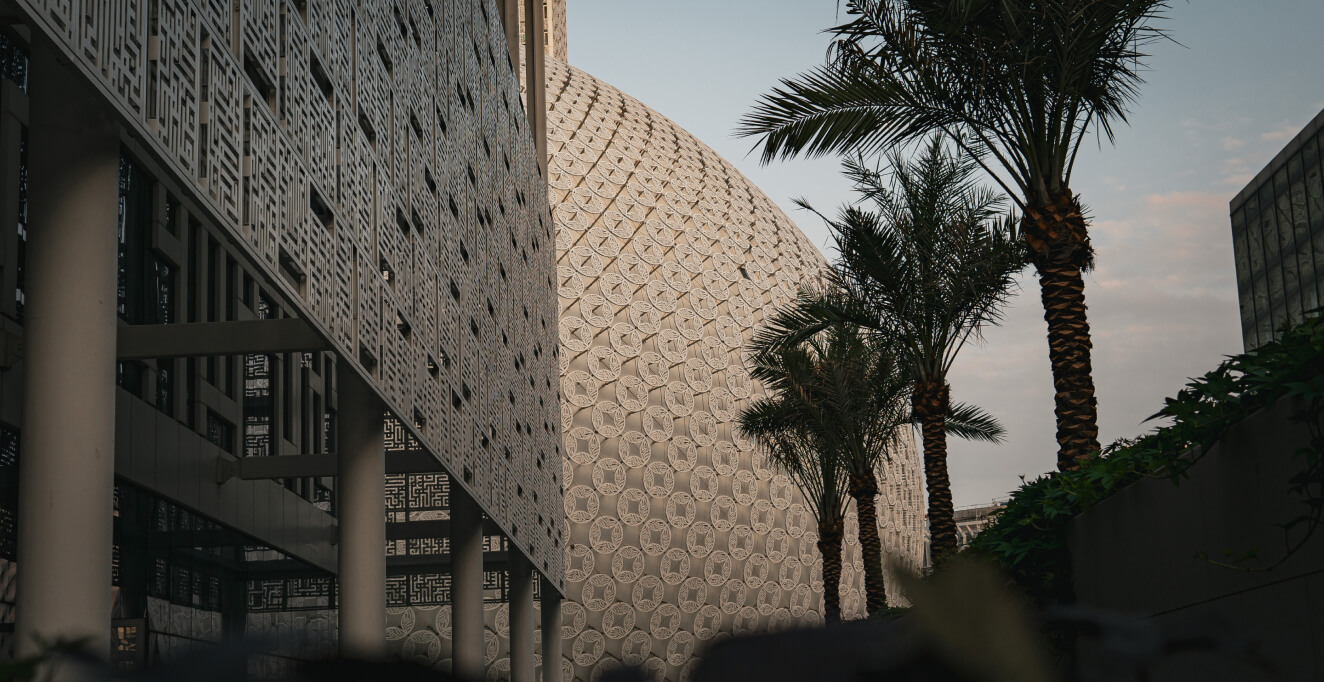Investment according to Islamic rules and regulations

Financial markets play a major task in supporting economies, and some researchers include financial markets and their development within the construction of the earth, which is one of the most important purposes of Islamic law, and at present there are many products and services of the Islamic capital market such as: shares compatible with Sharia, sukuk, Islamic investment funds and investment funds Islamic real estate traded and Islamic traded index funds. Islamic capital markets also include Islamic investment companies, which are among the most important components of Islamic capital markets, which reflect the concept of investment tools based on participation formulas.
The importance of Islamic financial markets lies in the fact that they play a vital role as a mediator between deficit units and surplus units in the light of the principles and provisions of Islamic Sharia.
Efficient Islamic financial markets that are committed to the provisions of Islamic Sharia help in financial stability. In this context, Laskin says, in his talk about the global financial crisis, “Nothing is necessary to limit speculation except adherence to the provisions of Islamic Sharia.” Islamic financial transactions, including Islamic financial market products, is the soundness of intention, then the soundness of the building, and then the soundness of the outcome.
The Islamic financial industry stems from important concepts and rules in the jurisprudence of financial transactions in Islam that represent an important aspect of its legal reference. In addition to that, there are major legal rules that govern Islamic financial transactions, the most important of which is that the principle in sales is permissible, the principle in contracts and conditions is permissiveness, the principle in transactions is health, and the prohibition of consuming people’s money unjustly, and Muslims adhere to their conditions and the lesson in contracts is for purposes and meanings, not for words and buildings, in addition to that The Islamic financial industry revolves around the realization of the five objectives of the Sharia, which are the preservation of religion, life, honor, offspring, and money.
These aforementioned rules and regulations show the extent to which Islamic law takes care of money in collection and spending, by making money lawful and the means leading to earning and collecting it lawful, as well as spending on what is legally permissible and lawful. Islamic finance that attracts a large segment of stakeholders such as shareholders in companies with their various activities, holders of units of investment funds and sukuk, and owners of investment portfolios who want their investments to be in accordance with the provisions of Islamic Sharia in all stages of investment.
It is worth mentioning that investment companies in the Kingdom of Saudi Arabia in particular, and in the GCC countries in general, are a major component of the capital markets, as they are licensed by the financial markets authorities in their countries and carry out one or more securities activities, which can be expressed as companies Investment are authorized persons, as the Islamic financial markets have witnessed development since the eighties of the last century, and this has been assisted by the issuance of Sharia fatwas and synodal decisions on Islamic financial markets, including those issued by the International Islamic Fiqh Academy and Sharia Standard No. 21 issued by the Accounting and Auditing Organization for Islamic Financial Institutions No. 21 regarding stocks and bonds, which we will discuss at length in the coming articles, God willing
Dr. Muhammad Al-Shurafa
Managing Partner – Osoul Company for Sharia Consulting
Series of articles on Islamic financial markets – in partnership with Razeen Financial Company